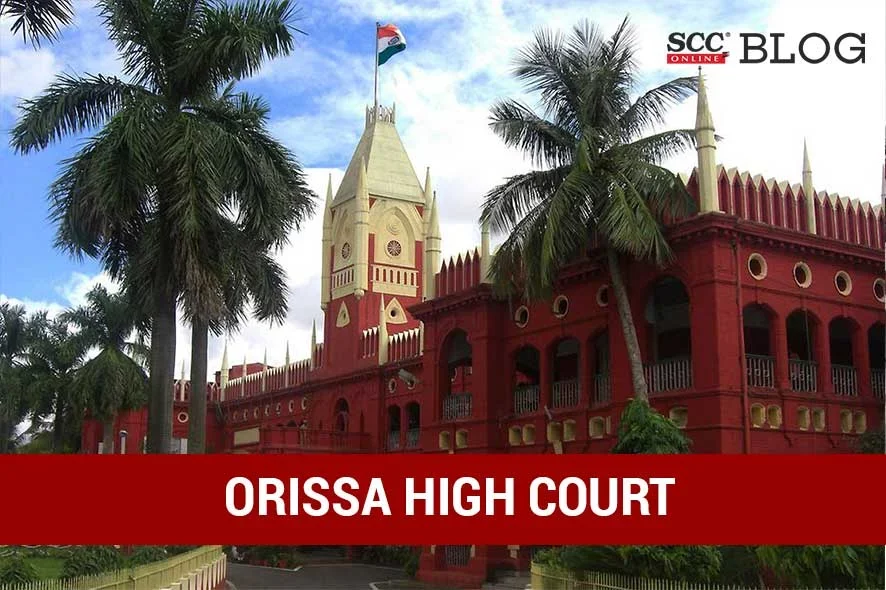Orissa High Court: In an appeal against Trial Court’s decision, whereby, the appellant-Husband’s petition for grant of divorce on grounds of cruelty was made ex-parte, however, divorce was not granted, the Division Bench of Arindam Sinha and M.S Sahoo, JJ. allowed appeal and held that Rule 5 of the Hindu Marriage and Divorce (Orissa High Court) Rules, 1956 mandates making of the paramour as a necessary party, however, the mandate can be interpreted as ‘to be made party where possible’.
The appellant-Husband’s case was that the Trial Court had accepted ‘cruelty’ as ground for divorce and that the husband had established the same, however, the civil suit for divorce was dismissed for technicality of non-joinder of the paramour as a necessary party, as required by the Rule 5 of the Rules.
The Court referred to Rule 5 of the Rules and noted that the said Rule was made in exercise of power under section 21 in Hindu Marriage Act, 1955. Rule 5 provides for Necessary parties- (a) In every petition for divorce or judicial separation on the ground that the respondent is living in adultery or has committed adultery with any person, the petitioner shall make such person a co-respondent.
The Court said that where a husband alleges adultery and dissolution of the marriage under Section 13(1)(i) of Hindu Marriage Act, 1955, he cannot be said to have a right of relief against the paramour. The Court also said that the paramour is not a necessary party-defendant in a suit filed, to be tried on application of the Code of Civil Procedure, 1908. However, the Court also noted that a paramour has been made as a ‘necessary party’ through Rule 5.
The Court explained that though Rule 5 mandates making of the paramour as a necessary party, but exceptions have been provided where such person may not be made a party. Therefore, the Court interpreted the mandate of the paramour ‘shall’ be a party as, ‘to be made party where possible’.
Further, the Court noted that the husband alleged abortion, hence, the Court directed remand for the case to be tried on contest. Therefore, the Court set aside the impugned judgment along with the direction for remand under Rule 23-A in Order-XLI of the CPC for trial on all issues. Exercising its appellate power, the Court also directed respondent-wife to file written statement by 16-01-2024.
[Harekrushna Behera v. Manasi Jena, Matrimonial Appeal No. 36 of 2023, Decided on 03-01-2024]







